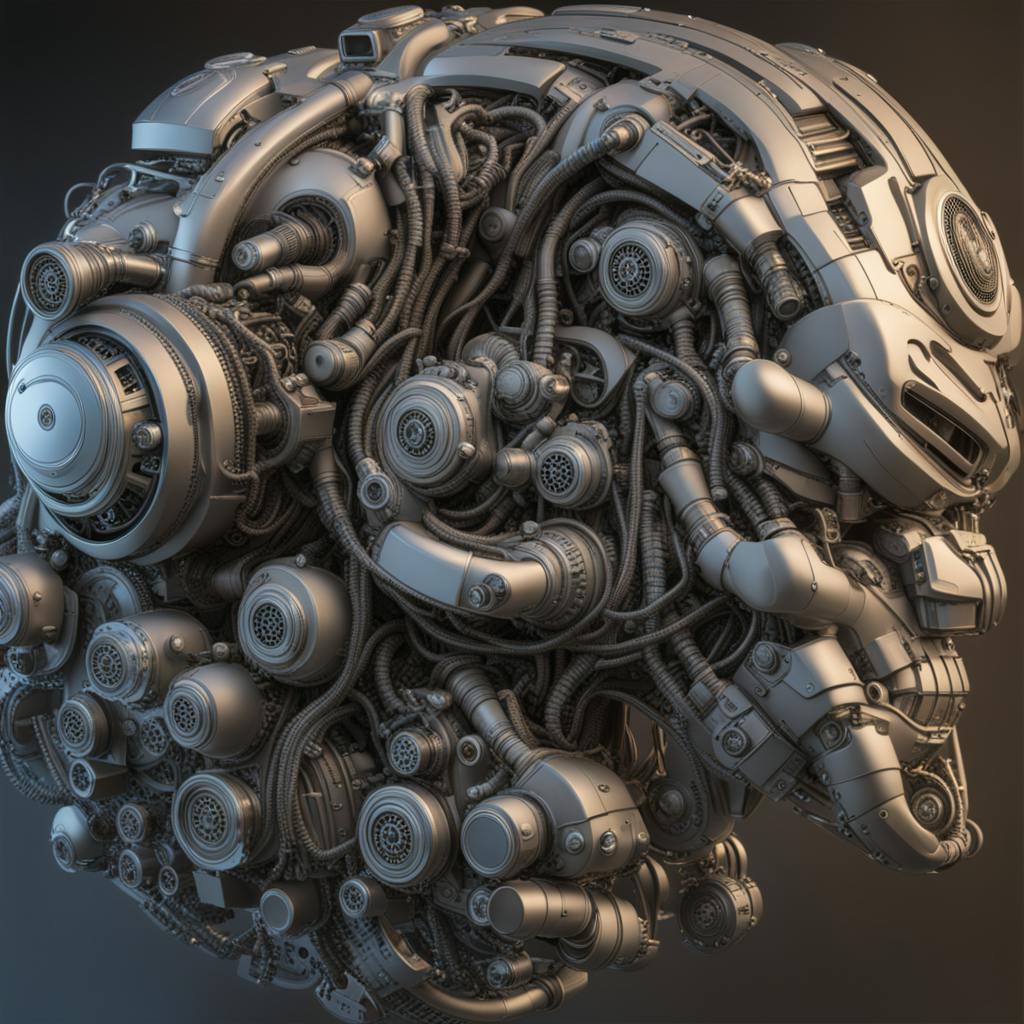In the dynamic world of digital content, the role of a professional AI writer has become increasingly pivotal. A professional AI writer leverages sophisticated algorithms to generate coherent, engaging, and contextually appropriate text, revolutionizing how content is created and consumed. As businesses and content creators seek innovative solutions to enhance productivity and creativity, professional AI writers are undeniably transforming the digital writing landscape, offering speed, consistency, and creativity at an unprecedented scale.
Understanding the Role of Professional AI Writers
Professional AI writers are powered by artificial intelligence technologies that can analyze vast datasets, understand linguistic patterns, and mimic human-like writing styles. They use natural language processing (NLP), machine learning, and deep learning algorithms to craft content that serves various purposes—from blog posts and articles to social media content and marketing materials. By automating mundane writing tasks, professional AI writers allow human creators to focus on strategic and high-value activities.
The Benefits of Utilizing Professional AI Writers
Professional AI writers offer several key advantages:
- Efficiency and Speed: AI-driven writing tools can draft content in a fraction of the time it would take a human writer, enabling faster turnaround times and more consistent content output.
- Consistency and Quality: By adhering to predefined templates and guidelines, professional AI writers produce content that maintains quality and consistency across diverse platforms and formats.
- Cost-Effectiveness: Automating routine writing tasks reduces the need for large writing teams, thus lowering operational costs and allowing organizations to allocate resources more strategically.
- Scalability: Professional AI writers can handle large volumes of content creation, making it easy for businesses to scale their efforts without losing quality.

AI made with Christophe Vacher
Addressing Common Concerns and Misconceptions
Despite its many advantages, the rise of professional AI writers is not without its challenges and misconceptions. Here are some frequently asked questions:
Can AI writers truly replicate human creativity?
AI writers excel at pattern recognition and consistency but may lack the human touch often needed for creative writing. However, advancements in AI are closing this gap, offering more nuanced and relatable content.
Are professional AI writers a threat to human jobs?
Rather than replacing human writers, AI tools are best seen as enhancements that free up time for more strategic tasks, allowing writers to focus on higher-order responsibilities that require human insight and creativity.
How do AI writers handle sensitive topics?
AI writers rely heavily on the datasets they are trained on, which may limit their ability to accurately address sensitive or highly nuanced topics unless carefully guided and supervised.
The Future of Professional AI Writers
The integration of professional AI writers into the digital writing landscape is backed by significant technological advancements and increasing demands for efficiency and quality. As AI technology continues to improve, the capacity for professional AI writers to produce not only informative and accurate content but also creatively engaging material will likely expand. This evolution promises to keep reshaping the roles within content creation fields, encouraging a symbiotic relationship between human writers and AI tools.
FAQ: Professional AI Writers and Their Impact on the Digital Writing Landscape
How are professional AI writers changing the digital writing landscape?
Professional AI writers are revolutionizing the digital writing landscape by significantly enhancing the efficiency and scalability of content creation processes. These advanced AI tools have the capability to generate high-quality content at unprecedented speeds, making it possible for businesses and individuals to produce large volumes of text-based material swiftly. This efficiency is pivotal for meeting the growing demand for content in the digital age, where timely and engaging material is essential for maintaining a competitive edge.
Furthermore, AI writers are democratizing content creation by providing access to writing tools that can assist even those with limited writing skills. This shift is lowering barriers to entry, enabling a broader range of voices to participate in digital discourse across various platforms. Additionally, AI writers are also pushing the boundaries of creativity and innovation in writing, offering new possibilities for storytelling, personalized marketing, and more, while freeing human writers to focus on tasks that require nuanced creative and critical thinking.
What is a professional AI writer and how does it work?
A professional AI writer is an advanced software application that uses machine learning and natural language processing (NLP) models to generate human-like text. These AI writers are typically powered by sophisticated algorithms, such as OpenAI’s GPT (Generative Pre-trained Transformer) models, which are trained on vast datasets to understand language patterns, grammar, and context.
The core mechanism behind professional AI writers involves two main steps: pre-training and fine-tuning. During the pre-training phase, the AI model learns language structures by analyzing patterns in large datasets, enabling it to develop a deep understanding of linguistic features. In the fine-tuning phase, the model is further refined using specific datasets tailored to particular domains or writing styles to enhance its ability to produce relevant and contextually appropriate content.
When tasked with generating text, AI writers utilize these learned patterns to predict and assemble words in a coherent and contextually suitable sequence, allowing them to produce content ranging from simple articles to complex narratives or technical documentation.
What benefits do professional AI writers bring to digital content creation?
Professional AI writers offer several benefits to digital content creation, including:
- Increased Efficiency: AI writers can produce content rapidly, helping businesses and individuals keep up with the fast-paced demands of digital media without sacrificing quality.
- Cost-Effectiveness: By reducing the need for extensive human labor in content creation, AI writers can help lower production costs, making it more feasible for smaller organizations and startups to develop extensive written materials.
- Consistency and Scalability: AI-generated content maintains a consistent tone and style, which is essential for brand identity. Additionally, these tools can easily scale operations to produce consistent output across multiple platforms or languages.
- Enhanced Creativity: AI writers can assist human creators by providing fresh ideas, generating variations of content for A/B testing, and offering suggestions that might not have been previously considered, fostering innovation.
- Data-Driven Insights: AI writers can analyze and process large data sets to create data-driven content that is both relevant and engaging, enhancing the quality of content marketing and other strategies.

AI made with Christophe Vacher
What are the current applications of professional AI writers in various industries?
Professional AI writers have found applications across a wide range of industries, including:
- Marketing and Advertising: AI writers are extensively used to generate copy for ads, social media posts, and email campaigns, offering tailored content that resonates with target audiences for better engagement and conversion rates.
- Journalism and Media: In the news industry, AI writers help automate the production of routine reports, such as financial updates or sports summaries, allowing journalists to focus on investigative and high-impact stories.
- E-commerce: AI-driven content creation helps e-commerce platforms generate product descriptions, customer reviews, and personalized recommendations, enhancing customer experience and driving sales.
- Education: AI writers assist in developing educational materials, quizzes, and instructional content, making educational resources more accessible and engaging for diverse learners.
- Healthcare: In healthcare, AI writers help produce patient information leaflets, medical articles, and even assist in compiling clinical documentation, improving communication and efficiency in medical settings.
- Legal and Financial Services: AI tools can draft legal documents and financial analysis reports, streamlining processes in sectors that require precise and formal communication.
Professional AI writers are indeed transforming the digital writing landscape. By bringing remarkable efficiency, consistency, and scalability to content production, they empower businesses to meet the rising demands for high-quality digital content. While challenges remain, such as enhancing creative abilities and ensuring ethical content generation, the future holds great promise for further integration of AI professionals into writing ecosystems. In conclusion, professional AI writers are not just complementary tools but are emerging as formidable collaborators in the digital content arena.

